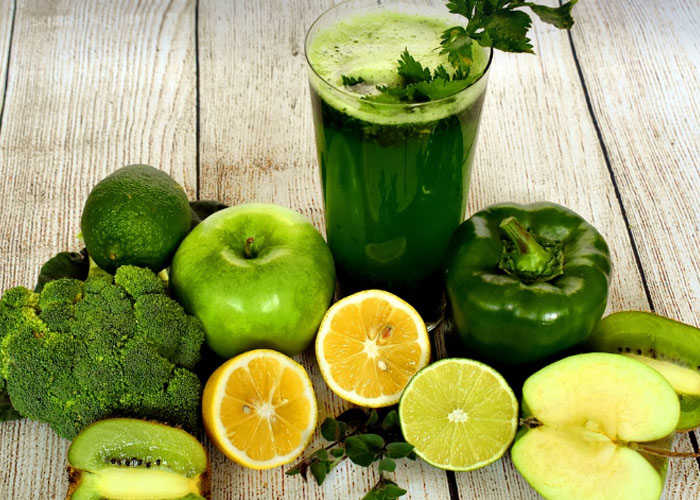Navigating Detox Diets and Cleanses: Unveiling the Benefits, Pros, and Cons
In the pursuit of health and vitality, many individuals turn to detox diets and cleanses as a means to reset their bodies, eliminate toxins, and jumpstart weight loss. These regimens often promise a myriad of benefits, ranging from increased energy and clearer skin to improved digestion and enhanced well-being. However, like any health intervention, detox diets and cleanses come with their own set of advantages, drawbacks, and considerations. Let’s delve into the benefits, pros, and cons of these popular approaches to wellness.
Benefits of Detox Diets and Cleanses:
Elimination of Toxins: Detox diets and cleanses typically involve the consumption of nutrient-dense foods and beverages that support the body’s natural detoxification pathways, aiding in the elimination of accumulated toxins and waste products.
Weight Loss: Many detox protocols restrict calorie intake and promote the consumption of whole foods, fruits, and vegetables, which can lead to temporary weight loss due to reduced calorie intake and increased nutrient density.
Improved Digestion: Some individuals may experience improvements in digestion and gastrointestinal function following a detox program, as it often emphasizes the consumption of fiber-rich foods and the elimination of processed foods and potential allergens.
Increased Energy: By removing processed foods, caffeine, alcohol, and sugar from the diet, some people report feeling more energetic and mentally clear during and after a detox regimen.
Enhanced Awareness: Engaging in a detox diet or cleanse can foster mindfulness around food choices, eating habits, and overall lifestyle practices, potentially leading to long-term behavior change and healthier habits.
Pros of Detox Diets and Cleanses:
Short-Term Reset: Detox diets and cleanses can serve as a short-term reset for individuals looking to break unhealthy eating patterns, reduce cravings for processed foods, and kickstart a healthier lifestyle.
Increased Hydration: Many detox protocols encourage the consumption of water, herbal teas, and hydrating foods like fruits and vegetables, which can support hydration and promote the elimination of toxins through urine and sweat.
Potential Health Benefits: Some research suggests that certain detoxifying foods and beverages, such as cruciferous vegetables, green tea, and antioxidants, may have protective effects against chronic diseases and promote overall health when consumed as part of a balanced diet.
Cons of Detox Diets and Cleanses:
Nutrient Deficiencies: Some detox diets restrict food groups or severely limit calorie intake, which can lead to nutrient deficiencies, particularly in essential vitamins, minerals, protein, and healthy fats, if followed for an extended period.
Temporary Weight Loss: While detox diets may result in short-term weight loss due to calorie restriction and water loss, the weight loss is often temporary, and individuals may regain the lost weight once normal eating patterns resume.
Potential Side Effects: Detox diets and cleanses may cause side effects such as headaches, fatigue, irritability, dizziness, and gastrointestinal discomfort, especially during the initial stages as the body adjusts to dietary changes and toxin elimination.
Lack of Scientific Evidence: Many claims surrounding detox diets and cleanses lack scientific evidence, and the efficacy of these regimens in eliminating toxins or improving long-term health outcomes remains a topic of debate among health professionals.
Potential for Unhealthy Practices: Some detox programs promote extreme measures such as prolonged fasting, laxative use, or colon cleanses, which can be harmful and may disrupt normal bodily functions if not supervised by a healthcare professional.
Conclusion:
Detox diets and cleanses can offer benefits such as toxin elimination, weight loss, improved digestion, and increased awareness of dietary habits. However, they also come with potential drawbacks, including nutrient deficiencies, temporary weight loss, side effects, and a lack of scientific evidence supporting their long-term efficacy. Before embarking on a detox regimen, it’s essential to consider individual health goals, dietary preferences, and consult with a healthcare provider or registered dietitian to ensure safety and effectiveness. Ultimately, a balanced diet rich in whole foods, combined with regular physical activity and adequate hydration, forms the foundation of a sustainable approach to health and well-being.

